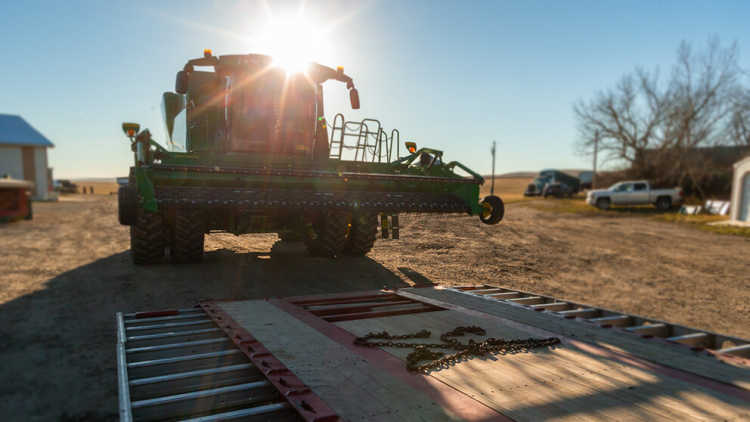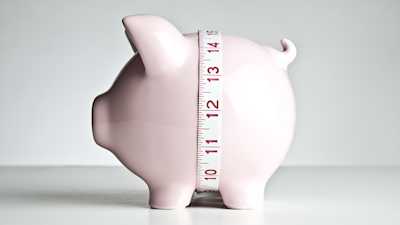Buy or lease farm equipment - how to choose the best option for you

Farm equipment is the most expensive investment after land. But is it better to buy or lease?
Farmer and veteran accountant Lance Stockbrugger says producers should weigh both options carefully before deciding how to make equipment investments.
The comfort of buying
Most Canadian farmers still prefer to buy rather than lease equipment, Stockbrugger says, because it’s familiar. There’s security in the tradition of bringing longevity of ownership and comfort in avoiding the possibility of contract-related surprises back to the farm.
After farmland, equipment is the most expensive investment. But is it better to buy or lease?
Leasing, by comparison, is a relatively new business model that usually comes with conditions. Of course, all the conditions are included in the leasing contract. But the concerns for complications — say, if a leaseholder wants to run a machine for longer than detailed in the lease — gives some producers pause.
How to decide
There are several points to consider when deciding whether to lease or buy. Here are some:
Leasing can be less expensive and simpler than buying since lease payments are often less than loan payments.
"Leasing is really good for cash flow. It’s an easier or cheaper way to get into a new piece of equipment,” Stockbrugger says.
Some equipment is used repeatedly during the growing season with little room for error as far as timing goes. When it’s time to spray, for example, farmers need to go. In a situation where there is no wiggle room for timing, it may be important to have equipment with a warranty in place and technician support – and leasing may offer the best option for this.
“If it’s something you want to turn over regularly, keep in warranty and dealer support, or know you’re going to be replacing it in a couple of years, leasing is condensing your payments and using it for that time period,” Stockbrugger says.
If you repeatedly lease equipment, then monthly payments never end. If you buy, the equipment will eventually be paid off, and monthly payments will stop.
Find out the maintenance, refurbishment and repair costs of equipment when considering whether to lease or buy. With leasing, all repairs may be required to be done by the dealership, which may quash some time-honoured traditions on the farm.
Consider all the costs. “A lease is simply a financing contract,” Stockbrugger points out. “There’s going to be an interest rate that’s charged, so you’re going to want to find that out.”
Hybrid deals
Overall, once all the pros and cons are considered, Stockbrugger says farmers may opt to take a hybrid approach to their equipment needs – leasing some and purchasing others.
That’s what he does. Most machinery is purchased. However, Stockbrugger’s sprayer is leased because he enjoys the reliability of a machine that requires a lot of maintenance, is needed throughout the growing season and will be replaced every few years.
Bottom line
After farmland, equipment is the most expensive part of farming. The decision on whether to lease or buy equipment is a major one, based on several factors, such as farm cash flow, the need for immediate technical support in case of breakdowns, maintenance and repair costs. It’s critical farmers consider each of these – and more – before making a lease or buy decision. Use FCC Equipment Loan and Lease calculators to help you make decisions.
Article by: Matt McIntosh

Apple orchards across the country are embracing change to raise farm production and profitability to new heights.
